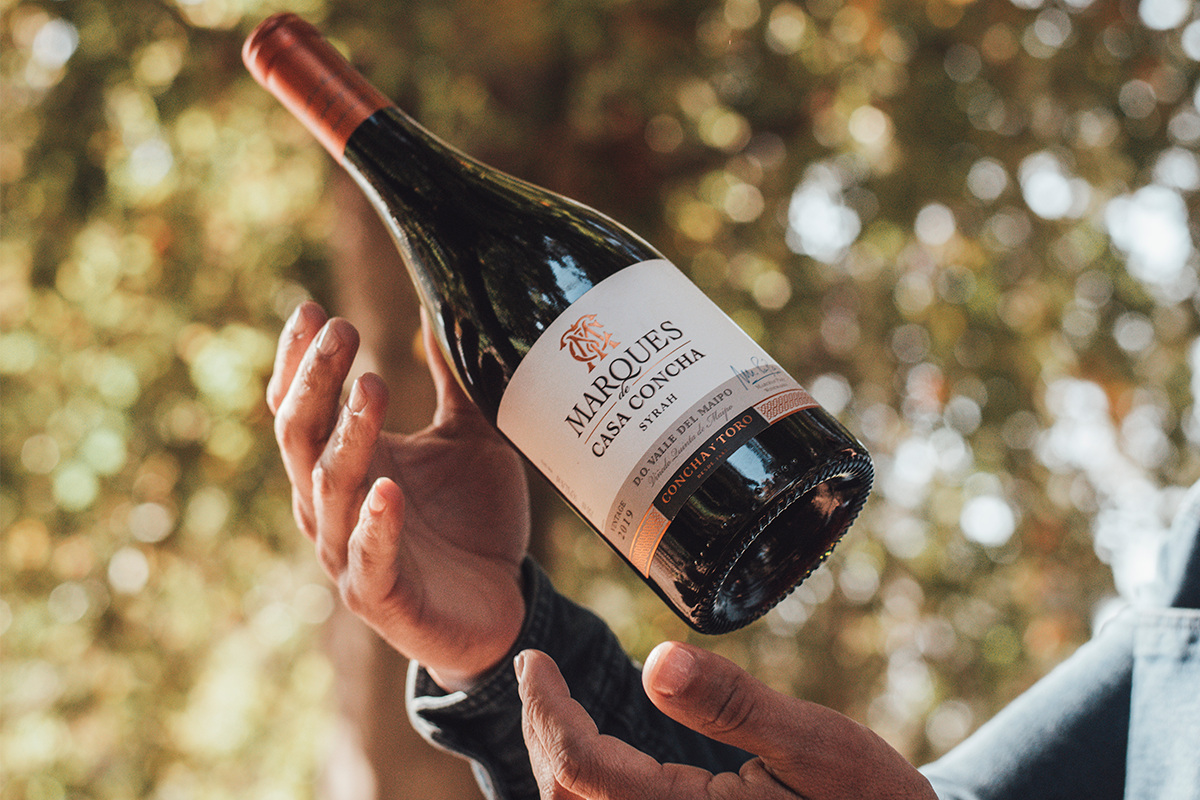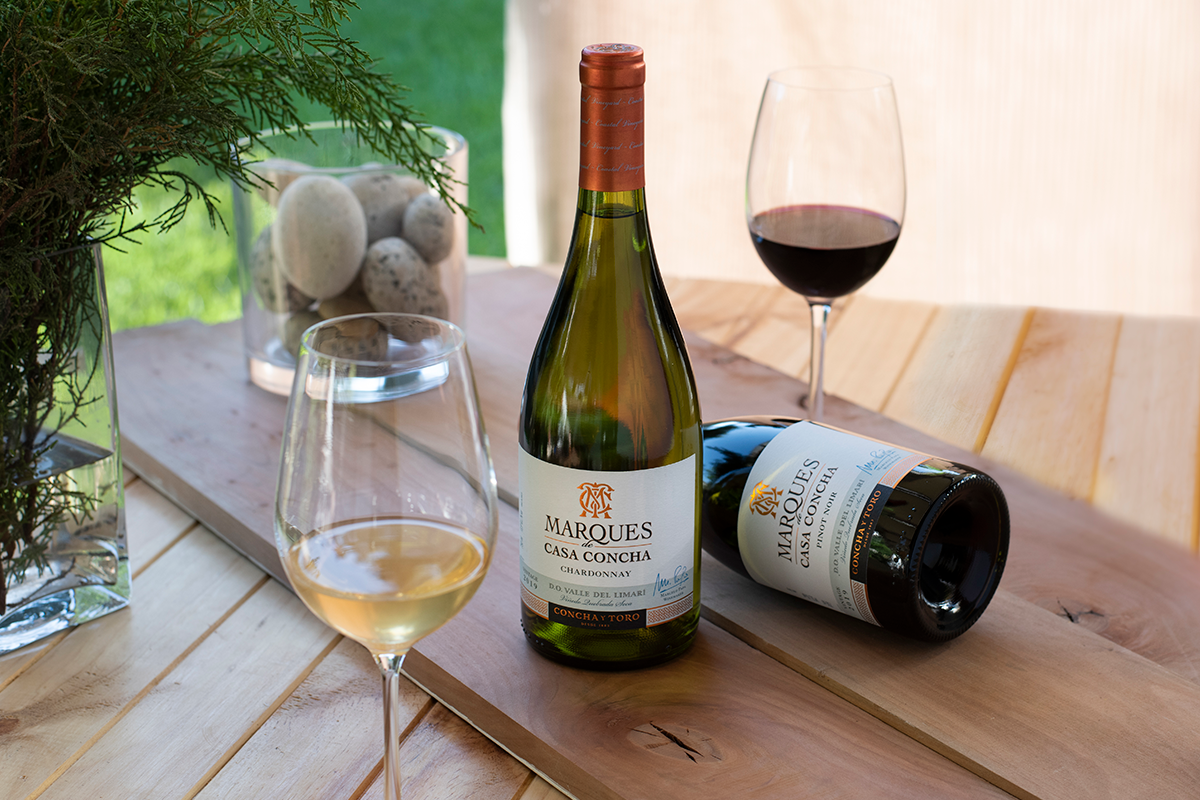One of the most important and basic factors for wine production is good quality soil. And if the word terroir has popped into your mind, we should start by clarifying that terroir is more than just soil. The definition of terroir is “the combination of soil, climate, and the human hand,” while soil, per se, is just one of the factors that make up terroir.
That said, we need to understand that soil is the physical place where the vines extend their roots to depths of as much as three meters. The soil also supplies them with water and nutrients for growth. However, good quality soils must have some essential parameters, such as being low in organic matter, well-drained (without good drainage there is no air, and without air there is no life), porosity, and a homogeneous structure, because otherwise the water does not drain and the roots double back rather than stretching downward.
In her book The Oxford Companion to Wine, Jancis Robinson says that soil is “the mineral material on the surface of the earth formed by the erosion of underlying bedrock or by transported sediments that form the original soil material.” Therefore, soil composition (in addition to factors such as its inclination and the climate) would be an influential factor in the final wine, delivering different is an influential factor in the quality of the final wine and delivers different typicities to the same variety of wine.
Soils can be classified and ranked within the vineyard according to their composition, and below we explain some of the most common types of soil according to their nature, type of rock, and how they influence the final wine.
-
Clay
Clay soils are made up of the finest elements and are characterized by retaining organic matter and water very well, which is beneficial for the development of the fruit. They are also colder and delay maturation (ripening) of the grapes, which results in aromatically intense wines that are concentrated, fruity, and sometimes sweet. They are well structured with considerable volume and have a significant presence of tannins. The Marques de Casa Concha Syrah, for example, comes from silty-clay soils in the Maipo Valley and is very ripe and dense with firm aromas of blackberries and cherries.

-
Sand
Sandy soils have good drainage and retain little moisture, although they need little water as well. The grapes ripen quickly, and the wines they produce are aromatic and smooth with slight tannins and low alcohol levels. A combination of clay and sand is the base soil for the Marques de Casa Concha Rosé Cinsault, which has a pale apricot color with fresh and delicate notes and just 12.5% alcohol.

-
Slate
Slate soils have tremendous permeability and good heat retention, which is particularly beneficial for wines from cold climates. Because these soils are poor in organic matter, the grapes grown on them ripen slowly and give rise to wines that are very ripe, tannic and well structured, with mineral notes and higher alcohol levels.
-
Granite
Chile has an abundance of granitic soils, which encourage lightly ripened grapes. The resulting wines are more austere, with an aromatic character and mild minerality. In the case of the Marques de Casa Concha Malbec, the granitic-clay soils of alluvial origin influence this fruity, dense, and vibrant wine with firm, smooth tannins and a delicate mineral touch.
-
Calcium Carbonate
Calcareous soils (those with a high concentration of calcium carbonate) deliver few nutrients but have a tremendous capacity for water retention. The wines from these soils faithfully express the typicity of the grape variety and offer very pale-colored fine, complex, and aromatic wines with tremendous acidity, body, and alcohol levels and that are ideal for cellaring. The Marques Casa Concha Pinot Noir and the Marques de Casa Concha Chardonnay both come from the Limarí Valley, which is known for this type of soils.

-
Volcanic
Volcanic soils tend to be very porous and retain the heat from the sun very well, which allows the vineyard to take advantage of all the soils have to offer, contributing to good development of the grape skins. The resulting wines are potent, mineral, and sometimes have smoky notes as well.




